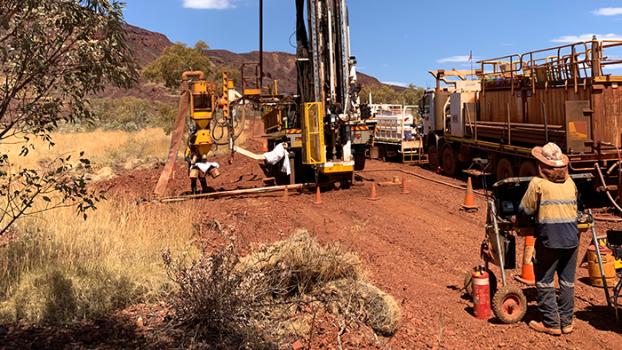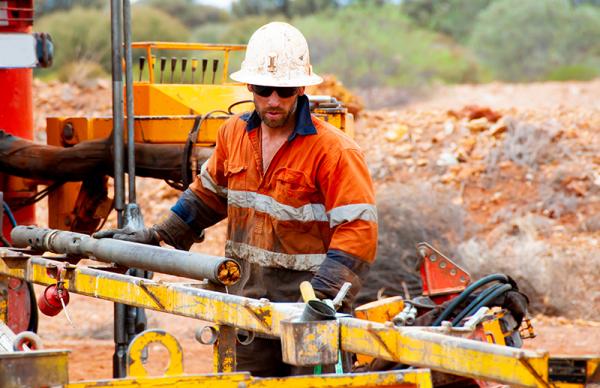
Driller
Drillers supervise the drilling of holes in the earth for oil, water and natural gas, mineral exploration, building foundations and site investigation. They oversee the transport, installation, maintenance and operation of drilling rigs, collect drilling core samples, undertake development and pumping tests and operate pumping equipment, and clean the areas around their wake. Drillers also make decisions about which section of a drilling operation will work at which times, and supervise teams of assistants who help to carry out the tasks undertaken in each section of an operation.
Working conditions
Drillers work on drilling rigs with large mechanical machinery. They work outside or underground in most weather conditions and their work may be hot, noisy or dirty, as well as potentially hazardous. They may work long hours on a roster system, which may include long periods of time away from home.
Drillers may work anywhere around the State, on large-scale construction projects and oil/gas/mining operations.
Tools and technologies
Drillers need to be familiar with the parts and operation of small portable and large-scale drills, as well as the pipes, cables and coil tubing used in conjunction with these. They may work with mechanical, electric, hydraulic or pneumatic drills.
Education and training
To become a driller you usually need to undertake a traineeship in drilling operations (level 2 or level 4) or driller (level 3). The traineeships usually take between 12 and 24 months to complete.
Browse courses through Jobs and Skills WA and search on the My Skills website to find a registered provider near you.

Free support and assistance
Your local jobs and Skills Centre can provide free information, support and assistance to help you decide on the best training options to meet your goals.
Disclaimer
The information presented on the occupation profiles within this website is offered as a guide only.


